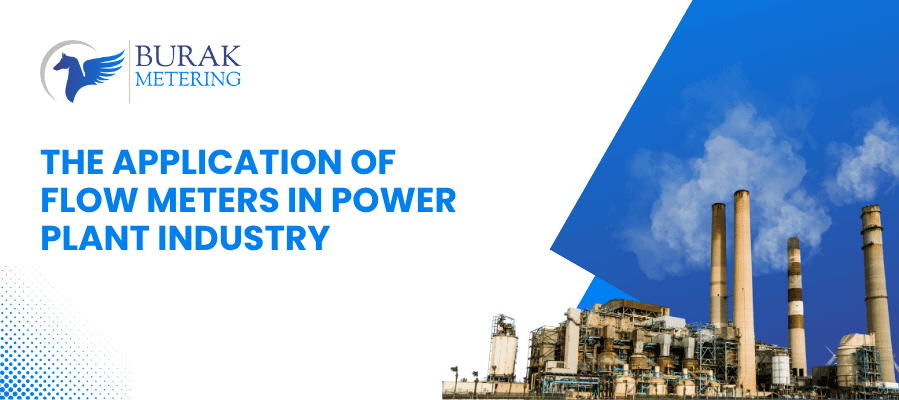 Phone
Phone

In power generation, accuracy and efficiency drive performance. One tool that plays a central role across all plant types, fossil fuel, nuclear, and renewable, is the flow meter.
These devices support critical operations by measuring and controlling fluid movement. Whether you're tracking steam, water, fuel, or air, precise flow data improves output and reduces waste.
This article explains how flow meters support power plants, highlights where they’re used, and outlines what to consider before purchasing.
If you're working in the energy industry, these insights can help guide smarter decisions about energy flow measurement systems.
Fuels like coal, natural gas, and oil drive many power plants. Accurate fuel tracking is essential.
Flow meters measure fuel volume to optimize combustion and improve thermal energy conversion.
This data supports better control and lowers operational costs.
Steam turbines remain a core part of many plants. Measuring steam flow helps operators fine-tune turbine performance.
A reliable steam flow meter delivers accurate readings that help balance energy input and mechanical output.
High temperatures damage plant systems. Flow meters help regulate cooling water flow, protecting key components such as condensers.
Stable water flow prevents overheating and helps maintain safe operating ranges.
Condensate forms as steam cools and condenses. Many plants recycle this water to improve resource use.
Monitoring return flow with precise meters allows efficient boiler feed and helps manage water intake and reuse.
A proper air-fuel ratio improves combustion. Flow meters measure both air and gas flow, allowing operators to adjust inputs for better output and lower emissions.
Consistent readings from plant meters improve burner performance.
Power plants must monitor exhaust gases. Flow meters capture flue gas flow data, helping operators track emission levels.
This supports compliance with environmental regulations and improves reporting accuracy
Real-time flow data drives process improvement. Energy flow meters give operators insight into changing flow conditions.
This helps tune systems for higher efficiency and stable output while cutting unnecessary fuel usage.
Flow changes often signal early mechanical issues. Continuous energy flow metering helps detect system shifts, enabling maintenance before failure.
This reduces downtime and avoids unexpected repairs.
Whether you're involved in fossil fuel systems or require flow meters for the nuclear industry, these tools remain essential across all plant types.
Selecting a reliable power plant measurement instrument depends on the application.
For conductive fluids, mag meters for power gen offer stable, long-term accuracy. In steam applications, use high-temperature-compatible steam flow meters.
For nuclear systems, a nuclear flow meter must meet strict safety and quality standards.
Flow meters support every stage of power plant measurement. They improve fuel use, stabilize system temperatures, and help meet emission targets.
Accurate flow control in power plants cuts energy loss and increases reliability.
If you're adding or upgrading meters, partner with a trusted flow meter manufacturer in India. High-quality meters last longer and return better data.
Choose based on your fluid type, plant design, and system pressure needs.